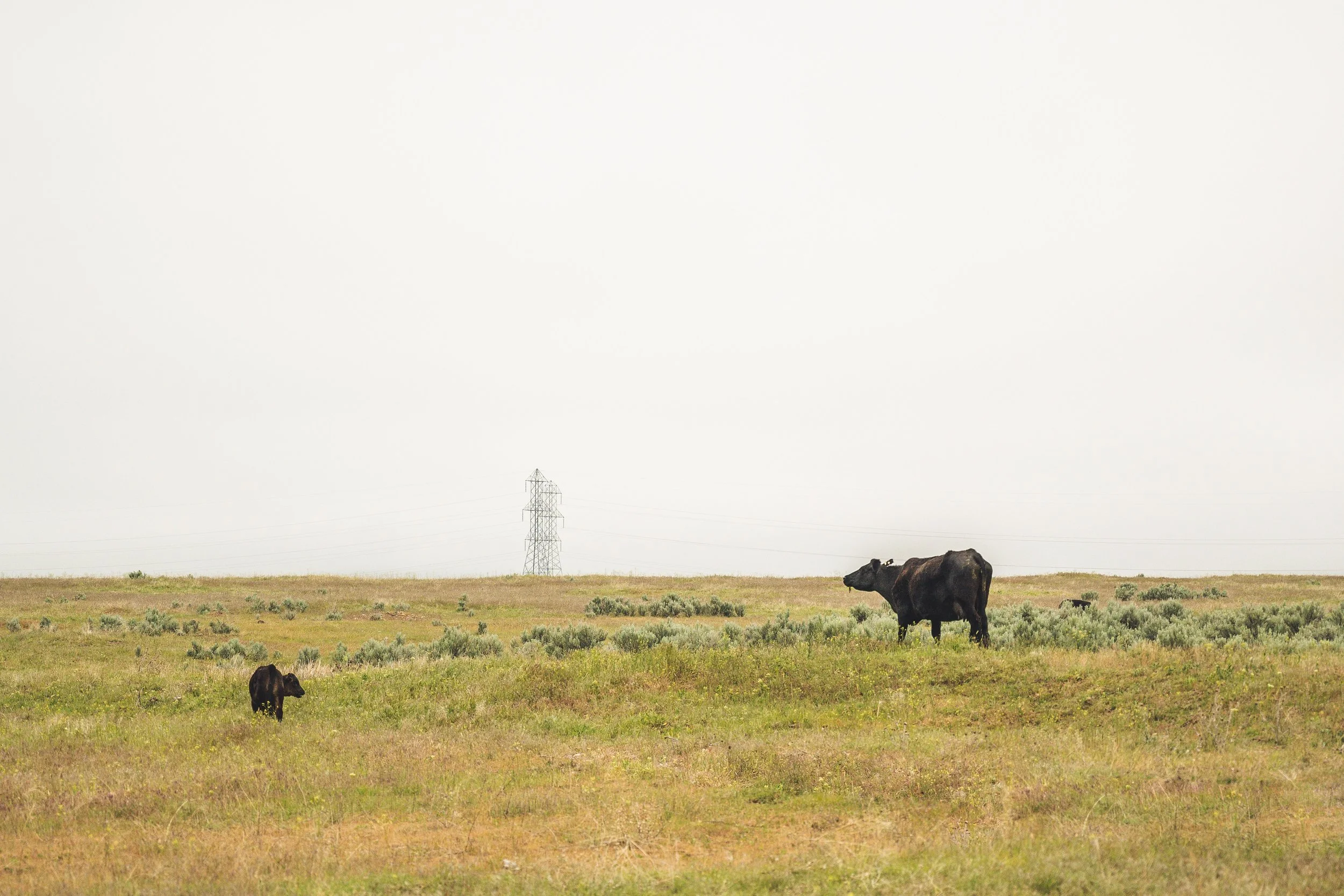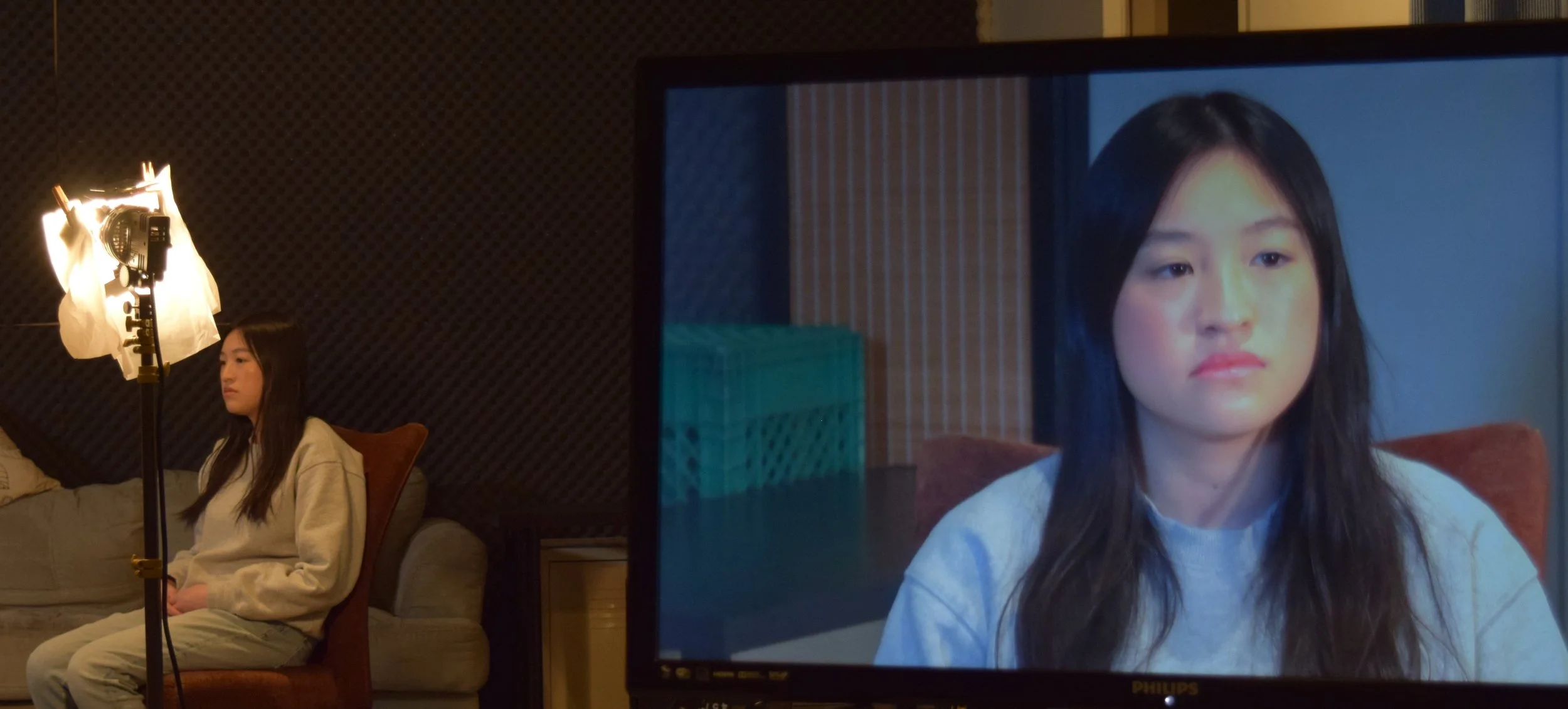Big Scene.
/That term can be a headache you learn early as an actor.
Not a useful phrase.
Yes, some scenes and speeches are long or more emotional or more important. But, this idea can mislead you. Can divert you.
Because it’s ‘big’ then you might want to push, work extra hard, play extra better because it’s – big.
Try not to do that.
Approach the scene as you would any scene. You’ll take into account the stamina needed to play it. How much energy it’ll take to do it. Those are real aspects that have to be taken into account.
But, you still approach the scene as a situation that needs to be learned.
It goes, as all scenes go, from one thing to the next. There is a beginning, a middle and an end. Same as all scenes. You can use techniques such as ‘like’ or ‘as if’ to substitute your experiences for those of the character.
Use all the good prep work you usually do.
The issue is not to be overwhelmed by the size or import of the speech or scene.
If you take it as a ‘big emotional scene’ you can make the common mistake of playing in a general wash of emotion indicating the gist of it.
You’ll be confused doing that. We’ll be confused watching it.
Go step by step.
All your work has common parts to it and your methodology can be applied to all those common parts - even in different situations.
Stick with the reality of the scene – not the idea.









